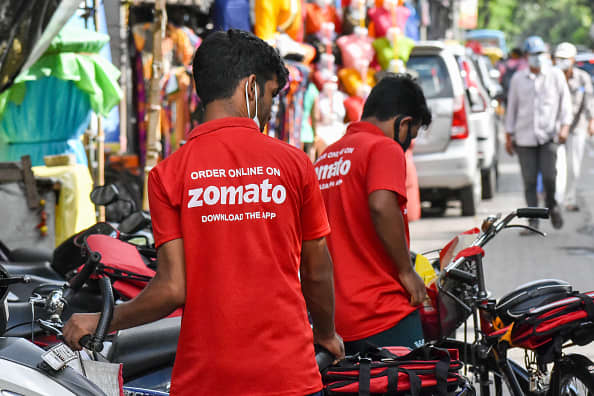Investors are betting on Indian start-ups and taking more risks, thanks in part to improvement in India’s infrastructure, according to a venture capitalist.
Dealmaking in South Asia’s largest economy rose in the first seven months of 2021 as many foreign investors with deep pockets flushed Indian start-ups with fresh funds.
“There is a lot of capital flowing into India at this moment,” Vaibhav Agrawal, partner at Lightspeed Venture Partners, told CNBC’s “Street Signs Asia” on Friday.
As many as 828 venture capital funded deals in India were announced between January and July, with a total disclosed value of $16.9 billion, analytics firm GlobalData said last month. That marked a 40.8% jump in deal value compared with all of 2020.
All of this is creating just the ‘perfect storm’ that’s allowing everyone to take more risks, from early stage investors to late stage.
Vaibhav Agrawal
Lightspeed Venture Partners
Agrawal said three things were driving capital inflows into the country.
First, a noticeable improvement in India’s infrastructure has enabled start-ups to create more value and scale up their businesses quicker.
He cited India’s United Payments Interface (UPI) as an example — it is system created by India’s top payments processor, the National Payments Corporation of India, that’s used to facilitate digital payment transactions in the country.
As a result of the coronavirus pandemic, which shifted a lot of day-to-day consumption online, from food deliveries to shopping, Agrawal said that many companies are also benefiting from an improved cost of production per unit of goods.
“We are just seeing higher order values, for example, in e-commerce, higher frequency of ordering, for example, in food commerce companies,” he said. “That is just giving a lot of confidence to investors worldwide.”
Zomato food delivery partners is seen on a road in Kolkata , India.
Debarchan Chatterjee | NurPhoto | Getty Images
India is also at a stage where a slew of start-ups have announced plans to list in the stock market.
Food delivery firm Zomato became the first of a slate of prominent names to be publicly listed. Others in the pipeline include payments giant Paytm, ride-hailing start-up Ola and e-commerce giant Flipkart.
“The big criticism of India’s capital markets has been around exits and liquidity — specially for late-stage investors,” Agrawal told CNBC.
He explained that Zomato’s successful listing in July helped ease some of the fears investors have about the start-ups and their ability to go public.
“Zomato is getting followed by about 20-odd companies that will go [public], so, hopefully, they will do well,” Agrawal said.
“All of this is creating just the ‘perfect storm’ that’s allowing everyone to take more risks, from early stage investors to late stage,” he added.
Credit: Source link


Comments are closed.